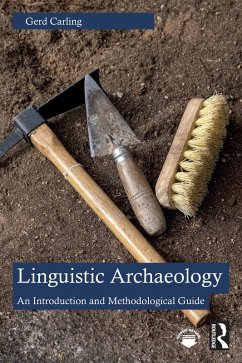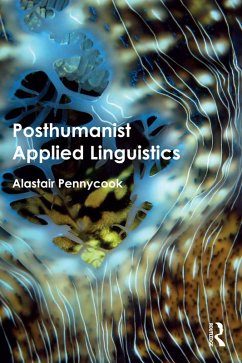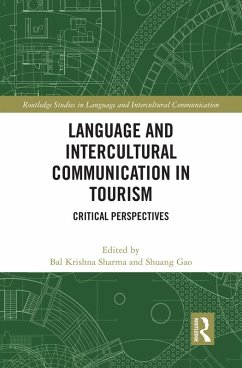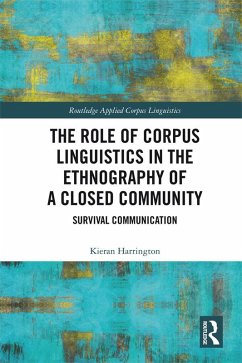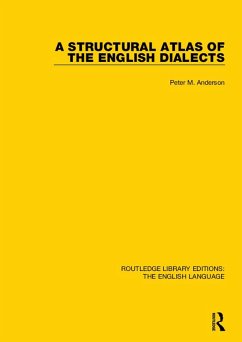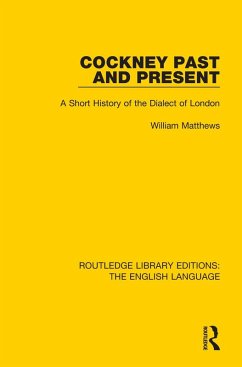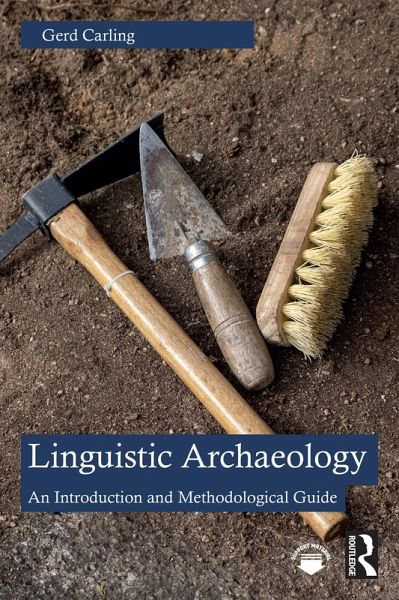
Linguistic Archaeology (eBook, ePUB)
An Introduction and Methodological Guide
Versandkostenfrei!
Sofort per Download lieferbar
37,95 €
inkl. MwSt.
Weitere Ausgaben:

PAYBACK Punkte
19 °P sammeln!
Linguistic Archaeology provides students with an accessible introduction to the field of linguistic archaeology, both as theoretical framework and methodological toolkit, for understanding the conceptual foundations and practical considerations involved in reconstructing the prehistory of language.The book introduces the field's expansion out of traditional approaches to focus more on the interplay of related disciplines and the reconstruction of human language beyond the written period. The opening chapter outlines key theories and charts their development from the nineteenth century through ...
Linguistic Archaeology provides students with an accessible introduction to the field of linguistic archaeology, both as theoretical framework and methodological toolkit, for understanding the conceptual foundations and practical considerations involved in reconstructing the prehistory of language.
The book introduces the field's expansion out of traditional approaches to focus more on the interplay of related disciplines and the reconstruction of human language beyond the written period. The opening chapter outlines key theories and charts their development from the nineteenth century through to today, drawing on work from computational historical linguistics, phylogenetics, and linguistic anthropology. Subsequent chapters build on theory to take a hands-on approach in mining empirical data in the process of reconstructing language prehistory, including references, links, and instructions to open access resources, and offering a step-by-step guide for employing the rich range of available methods in working with this data. Closing chapters situate theory and method in context against chronological and geographic perspectives and look ahead to future trajectories for continued progress in this emerging area of study.
Offering a holistic entry point into linguistic archaeology, this innovative volume will be a helpful resource for students in historical linguistics, linguistic anthropology, language evolution, and cultural geography.
The book introduces the field's expansion out of traditional approaches to focus more on the interplay of related disciplines and the reconstruction of human language beyond the written period. The opening chapter outlines key theories and charts their development from the nineteenth century through to today, drawing on work from computational historical linguistics, phylogenetics, and linguistic anthropology. Subsequent chapters build on theory to take a hands-on approach in mining empirical data in the process of reconstructing language prehistory, including references, links, and instructions to open access resources, and offering a step-by-step guide for employing the rich range of available methods in working with this data. Closing chapters situate theory and method in context against chronological and geographic perspectives and look ahead to future trajectories for continued progress in this emerging area of study.
Offering a holistic entry point into linguistic archaeology, this innovative volume will be a helpful resource for students in historical linguistics, linguistic anthropology, language evolution, and cultural geography.
Dieser Download kann aus rechtlichen Gründen nur mit Rechnungsadresse in A, B, BG, CY, CZ, D, DK, EW, E, FIN, F, GR, HR, H, IRL, I, LT, L, LR, M, NL, PL, P, R, S, SLO, SK ausgeliefert werden.




